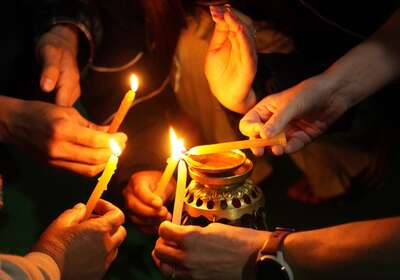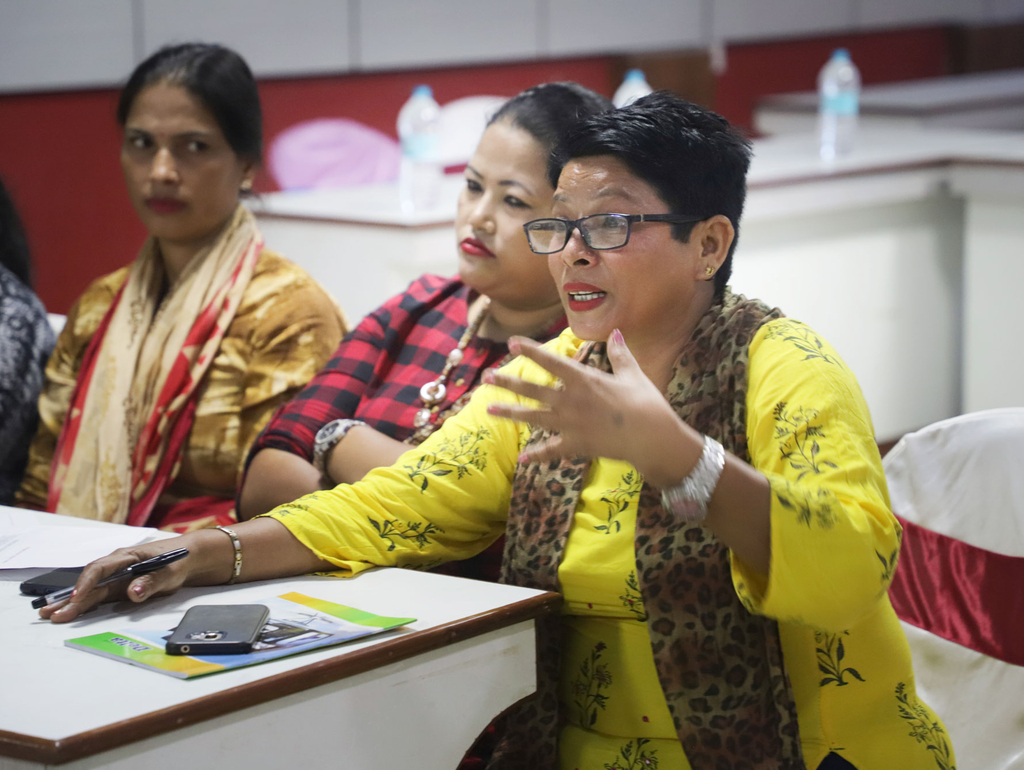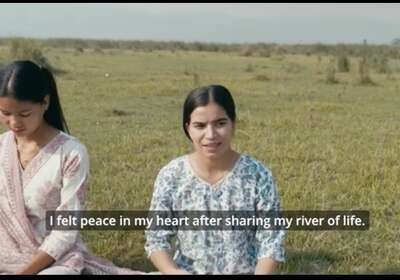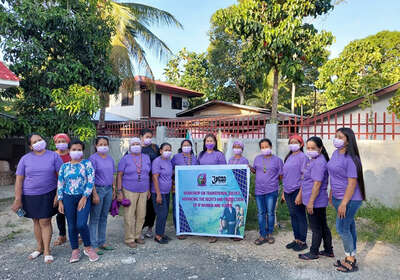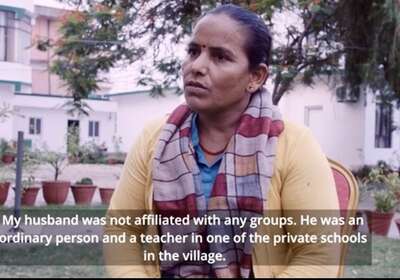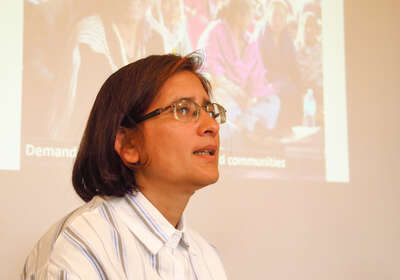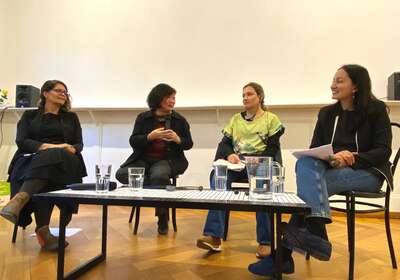"We demand recognition. We demand that our voices be heard. We demand security. We demand a future for our children. We demand truth. And we demand justice, now!"
These are the words of a participant at a Women's Peace Table in Surkhet, Nepal. Since 2017, thousands of women have participated in Women's Peace Tables in all provinces of Nepal. Particularly for women in remote areas these events were often the first opportunity to talk about their traumas and to listen to women from the opposite side of the conflict. There they learned more about the important role they can play in transitional justice processes and about their rights as conflict-affected persons and as citizens. The Women's Peace Tables were conducted by our programme partner Nagarik Aawaz.
The meetings not only helped to heal the participants’ traumas, they also increased their self-confidence. Many organised their own Women's Peace Tables and founded regional networks to lend more weight to their demands and put pressure on the regional government to advance transitional justice. At intergenerational Women's Peace Tables, held since 2024, participants share their experiences with young people who did not live through the conflict, thus building bridges between generations.
Holding the government to account
From 2025, the programme's goal remains to promote the meaningful participation of women in transitional justice and conflict-transformation processes. The programme is focused on supporting women and young people affected by the conflict to advocate more strongly for their rights and for justice and to hold the local and national government accountable. At local meetings and in intergenerational dialogues, their agency is strengthened so that they can demand their rights in front of representatives of local and national authorities. They are also holding the government accountable for implementing the obligations and promises they made in the peace agreement and in relevant Nepalese laws. To do this, they use their own local peace initiatives and regularly monitor the local governments actions.
An important component of the programme is the exchange of knowledge between the partners in Colombia, Nepal and the Philippines. This began in 2019 with an initial face-to-face meeting and culminated in 2021 with the joint development of the publication “From transition to transformation: strengthening women's effective participation in peacebuilding and transitional justice processes”. We will continue this exchange of knowledge in our programme work with Nagarik Aawaz as well as in the Feminists Connecting for Peace network.
